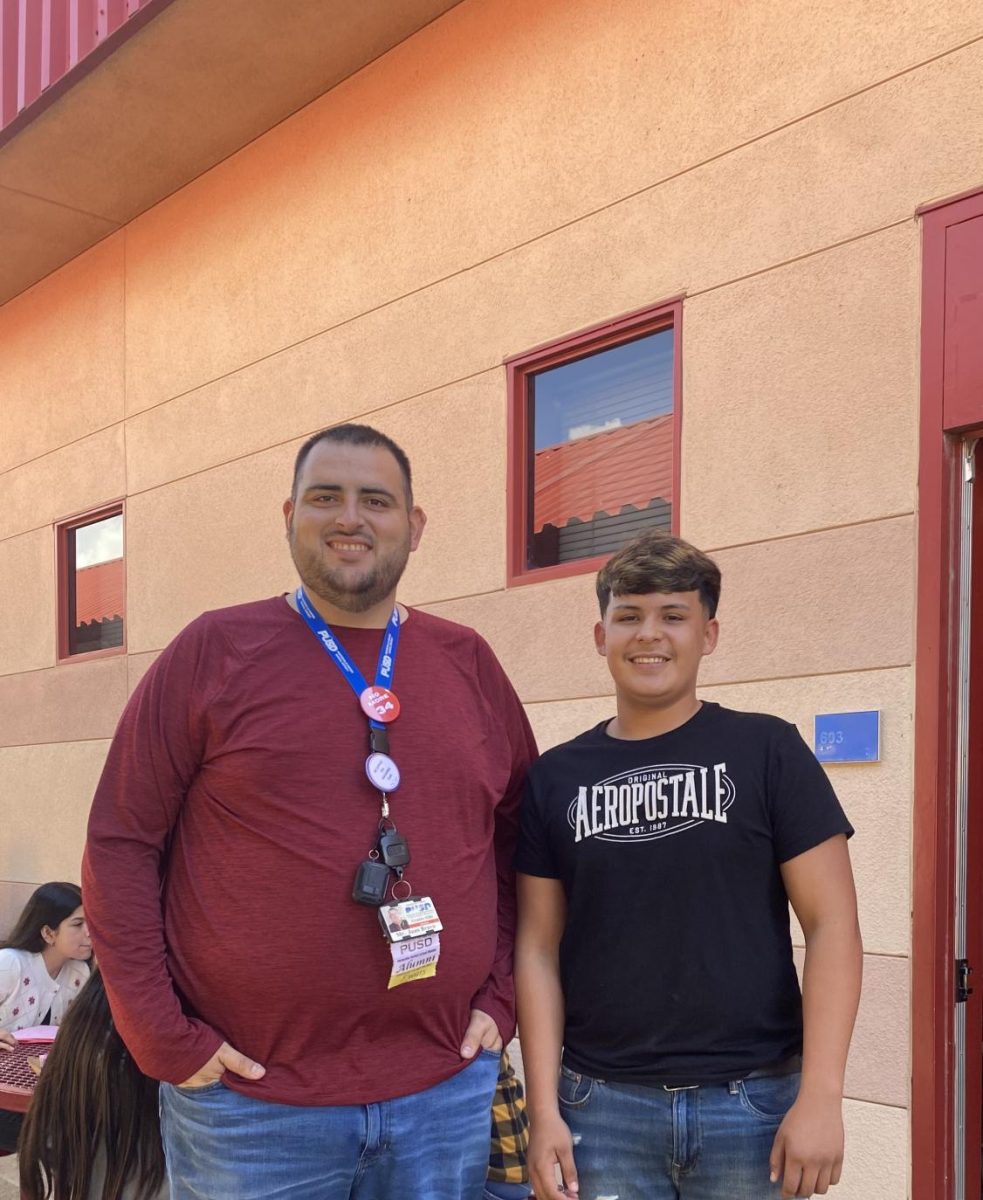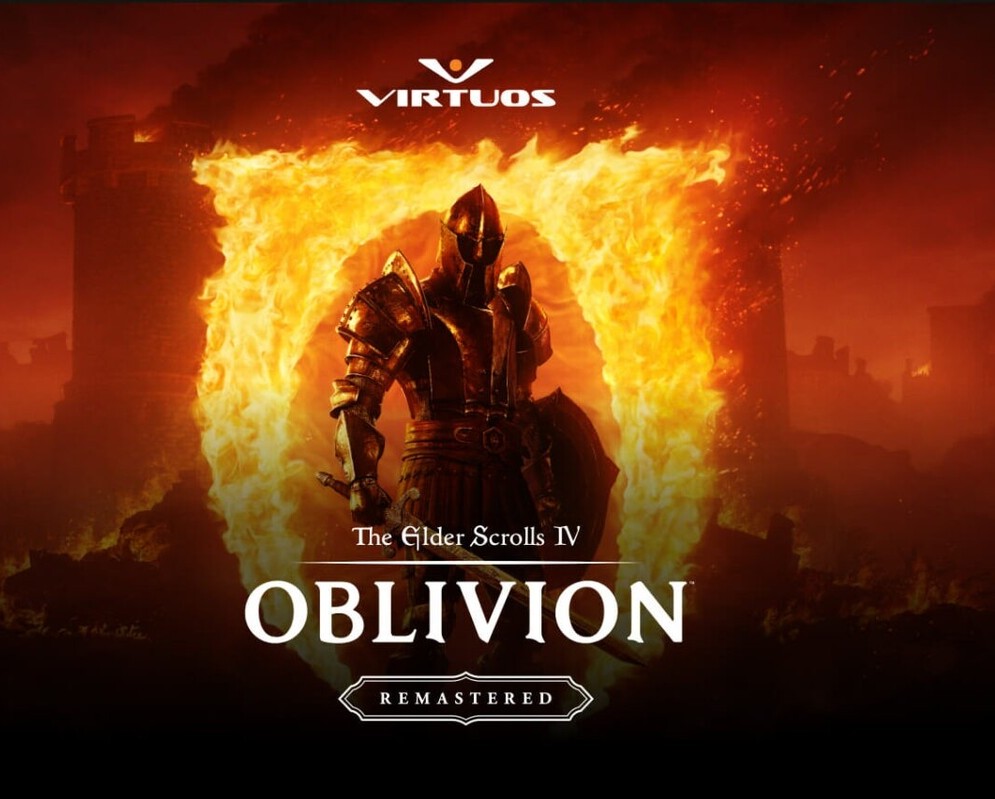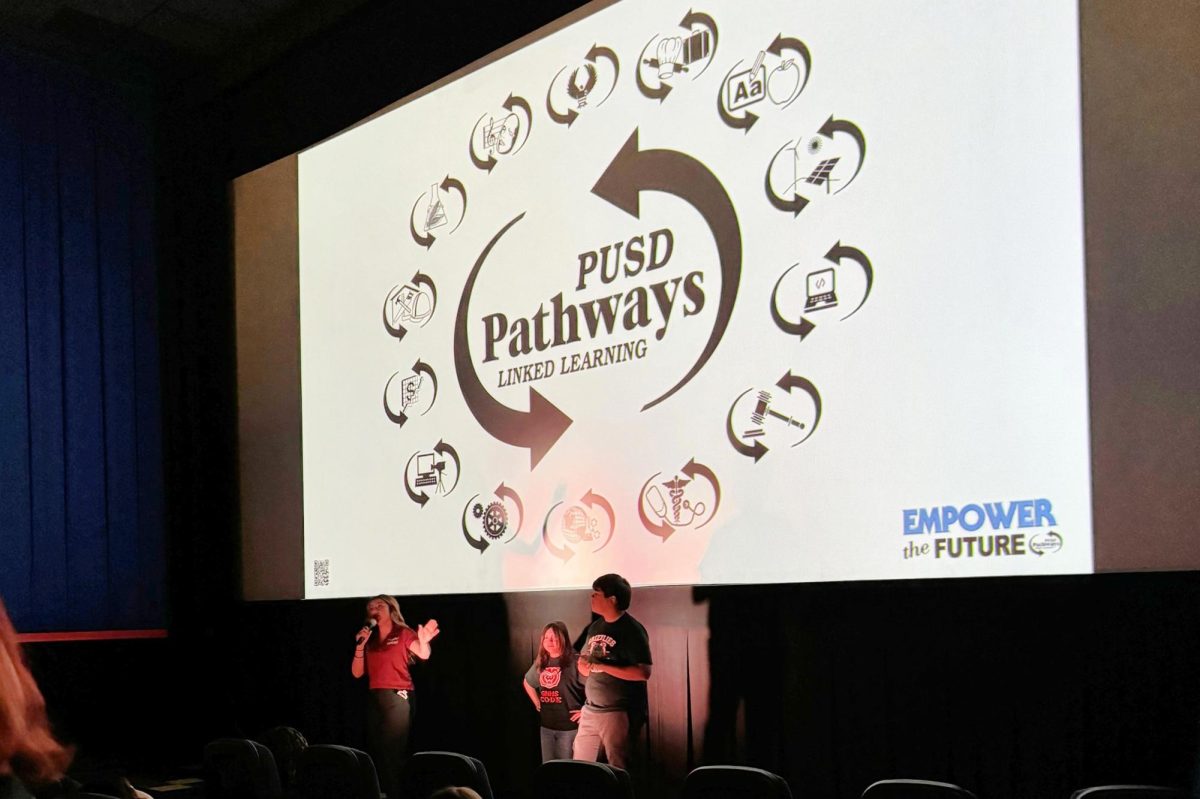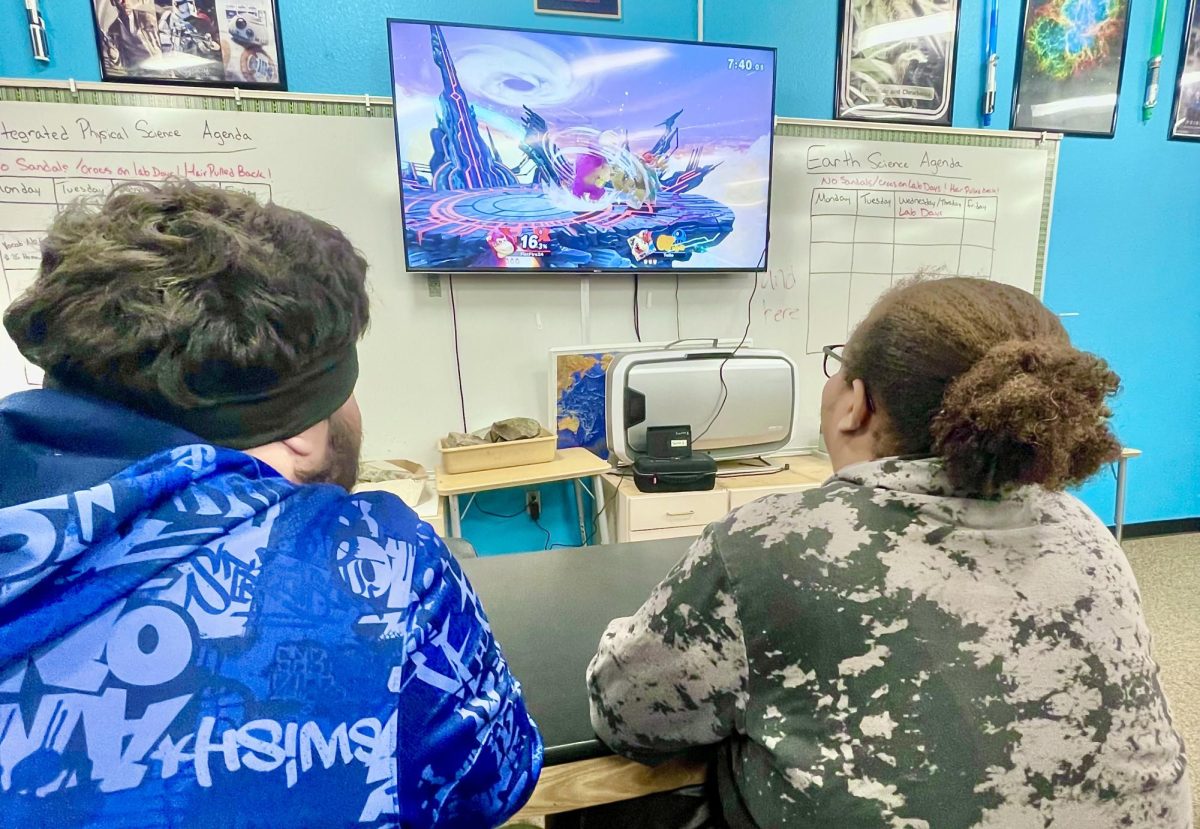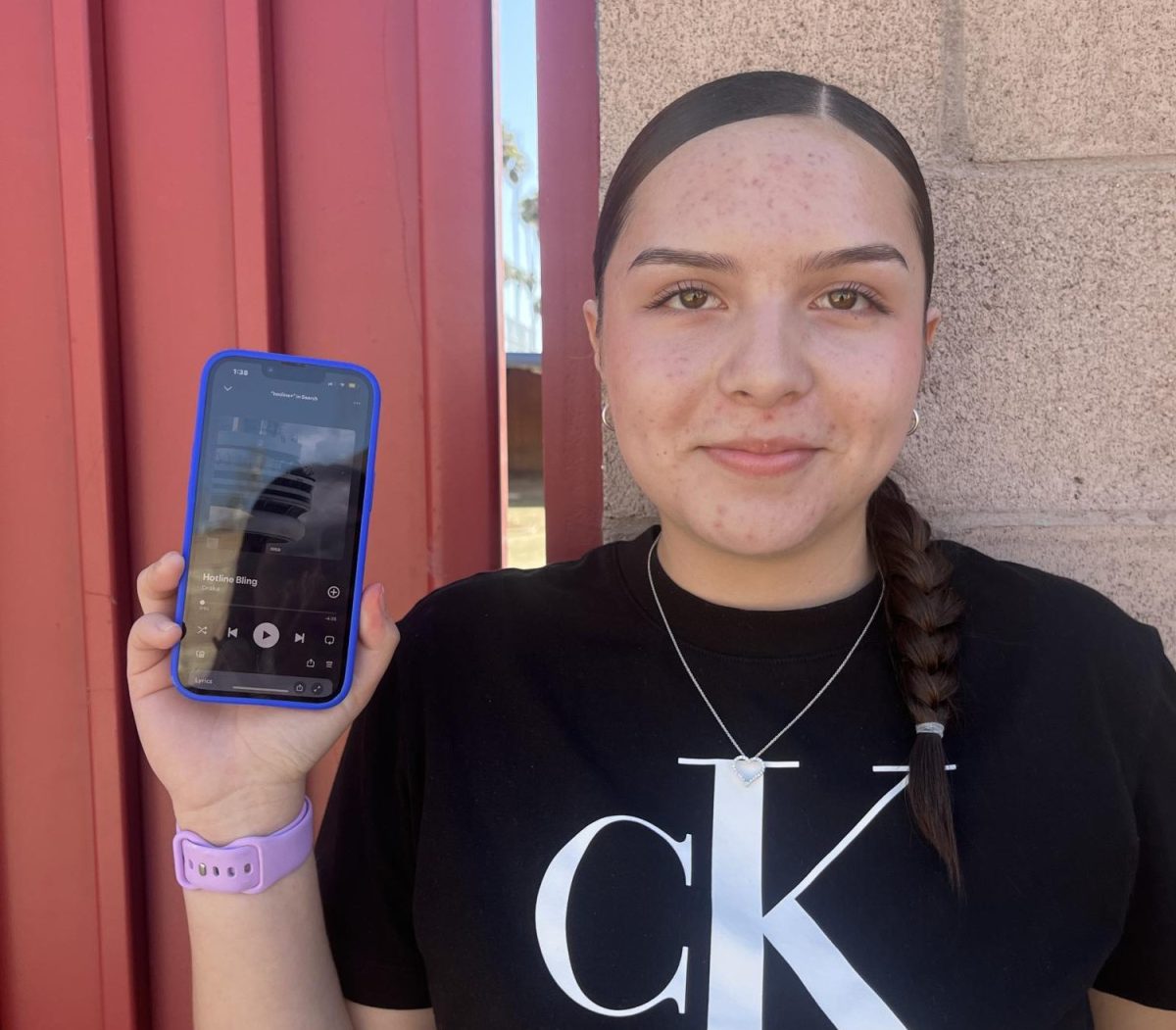People have been convinced for a long time now that video games are terrible for mental health. They have also been convinced that violent video games promote and lead to violence.
An article on Nemours Kids Health provides several reasons why too many video games aren’t good for kids including the statement that a lot of kids spend too much time playing their games instead of exercising leading to them being overweight, the toll they could take on friendships, and the negative impact they could have on the school performance of kids. When kids sit for extended periods playing their video games, they could develop blood clots in their legs that can lead to life-threatening complications that aren’t normally seen in young people.
While these are valid reasons for video games being bad for kids’ mental health, those issues stem from the same people who play way too much.
However, the idea that violent video games lead to violent behavior among children is something that needs to be addressed.
Various studies would agree with this statement and it is common for someone to get more than a little upset when they lose in a game but most people calm down and stop being upset after the game is over.
According to procon.org. statistics support the claim that violent video games don’t cause violence. The dean of arts and sciences at Johns Hopkins University, Katherine Newman, said “millions of young people play video games full of fistfights, blazing guns, and body slams … Yet only a minuscule fraction of the consumers become violent.”
If you strongly believe that video games cause violence even after that flawless argument from Katherine Newman, think about this for a second, Manhunt 2 made by Rockstar Games, the methods used to eliminate people in this game are very over the top and violent. It sold over 1.7 million copies and was played by a lot of people. This doesn’t mean over a million people went out to hurt people in really barbaric ways after doing it in a game.
“I don’t think that violence in video games has any influence in violence at schools or at home,” Granite Hills science teacher and E-sports coach Ms. Victoria DeLarge said ”However, this ultimately falls on the parent and what they are allowing their child to play. Games come with a rating designed to target a specific audience. At the end of the day, parents have ultimate control on what their child is or is not allowed to play. This can be controlled through the parental settings on the device itself, I don’t let my 9-year-old play Grand Theft Auto, Call of Duty, or other games with higher ratings. His Xbox is set to allow specific games and ratings, and the amount of time allowed to play is even monitored and limited.”
To move away from extremely violent games, let’s look at a children’s game. Angry Birds is a game where birds slingshot themselves into pigs to save the eggs the pigs stole. Children learn to distinguish between fantasy and reality by age seven, so watching birds slam into pigs isn’t going to make them want to slingshot themselves into people because they saw a bird in a game do it. Most people are smart enough to distinguish right from wrong so the chances of someone imitating a violent act from a game in real life aren’t very high.
“If a person (adult or child) is not able to distinguish the difference between fantasy and reality, they should not be playing violent video games in general,” DeLarge said. “Parents should not let their children play these games if they don’t know the difference. Games are designed for a specific audience. Games for children have children’s themes (no blood, guns, or gratuitous violence). Adult games have the majority of these things but also come with a rating of M for mature which needs a parent to purchase unless 17+.”
Nobody is saying there isn’t anyone in existence who has lashed out because of a video game, but most of the people who play games that have violence don’t ever actually harm people using methods they’ve seen while playing. Video games can induce aggressive thoughts and feelings in people but very rarely does it involve them hurting themselves or others. In cases like that, the sudden acts of violence are usually connected to an underlying mental illness or they were just very upset about losing.
Granite Hills junior, Matthew Harris Smith, was asked how he knows not to replicate violent acts he’s seen in video games. Matthew said
“I learned from a young age that actions have consequences,” Granite Hills junior Matthew Harris Smith said. “When you’re playing a game, you can do as many violent things you want without consequence, but in real life, you could get in very serious trouble and potentially harm someone and that’s not something I would ever want to do.”
This student, like many others, knows there’s a difference between right and wrong and they could easily apply that logic to virtual violence and know not to replicate it themselves.


